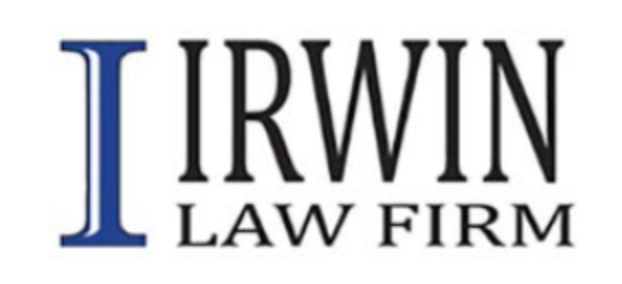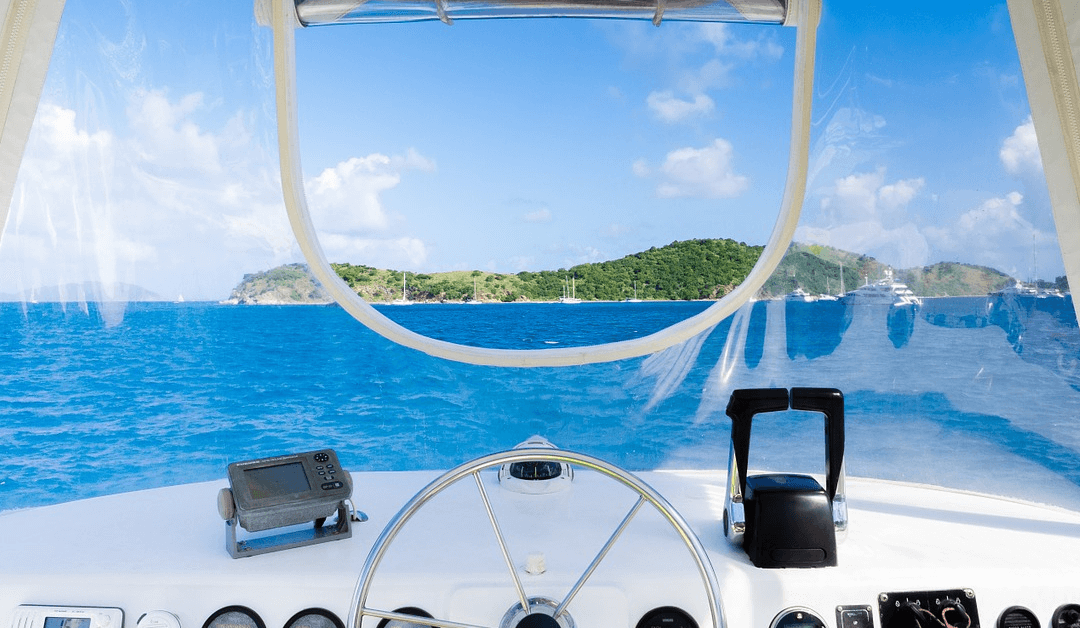While on vacation, in your head you may think you are completely safe from the stresses of the world. As you should. Isn’t that the point of a vacation? However, on rare occasions, bad things can still ensure. What happens if your cruise gets in an accident at sea? Where do you go from here? At Irwin Law Firm, we are here to make sure that you have all the information to deal with this tricky situation. Our maritime attorney is experts in boat navigation.
Accidents At Sea
One of the most common sources of accidents at sea, from the smallest jet ski injuries to collisions between the largest supertankers, is navigational errors. Despite all the recent advances in navigational technology making the job easier than ever, at-sea navigation remains a common problem. It can be devastating for all involved and can lead to major accidents, damage, injury, and death if not performed with the proper care.
Most of the world’s worst accidents at sea, from the iceberg that sank the Titanic to the collision that claimed the lives of many aboard the Andrea Doria, even the tale of the doomed Edmund Fitzgerald, navigation errors claim many lives and can cost hundreds of thousands of dollars in property damage.
Common Boat Navigation Errors At Sea
- Over-reliance on radar
- Particularly in America’s waterways, many collisions between boats are caused between ships of drastically different sizes, such as between a cargo ship and a smaller fishing vessel or pleasure boat. In most of these collisions, the cause was due to an over-reliance on radar by the larger of the vessels. In collisions between vessels of two different sizes, the larger vessel was typically found to be navigating solely by radar and not by sight, leading to the smaller vessel not being picked up by radar due to its size, and if nobody is keeping proper lookout it can lead to accidents.
- Not visually verifying radar targets
- In a similar vein, too many times the radar is trusted with all aspects of navigation, and navigators are too comfortable with taking it at face value. Especially in areas of dense traffic or lowered visibility, targets sighted on radar can often be misinterpreted as ‘false echos, leading to collisions with more stationary objects such as rocky embankments or a boat that has had to stop and drift for some reason.
- Misunderstanding right of way
- Both in America and in international waters, the regulations around right-of-way can change depending on the situation, but largely speaking, regulations require that action must be taken to prevent collisions no matter who has the right of way.
- Incorrect position reporting
- Similar to air traffic control, many national/international ship traffic regulations require frequent check-ins to report current location, angle of travel, and so on. Incorrectly reporting these positions, or not reporting at all, can lead to massive traffic issues down the line and is a frequent contributor to major collisions between vessels that were unaware of each other’s presence.
- Errors in rudder angle
- Simple as it may sound, some vessel collisions can be attributed simply to incorrect rudder angle adjustments. Miscommunication between the captain, helmsman, and engine room can lead to the wrong rudder angle being reported, or the rudder angle not being reported at all, and this can lead to improper angling of the ship and collisions with other vessels or obstacles nearby.
Call Our Maritime Attorney
We are your best resource when it comes to boat navigation. At Irwin Law Firm we are experts. You can trust our maritime attorney. Get a chance to meet the best maritime attorney in the state! Call or visit us today to get more information. We are located at 205 W. Davie Blvd. Fort Lauderdale, Florida 33315 and can be reached at our office number (954) 775-2301.

